NSW Hospitals: South west teens make up 10 percent of state’s youth suicide
Southwest Sydney hospitals are struggling to cope with the demand for mental health services, as they reveal the shocking percentage of youth suicide rates in the community. SEE THEIR PLEA HERE.
Liverpool
Don't miss out on the headlines from Liverpool. Followed categories will be added to My News.
Psychiatrists are calling for more localised mental health funding to slow the number of young people taking their own lives across southwest Sydney — which makes up 10 per cent of the state’s total suicide rate.
THE GREAT DIVIDE — SYDNEY’S HEALTH CRISIS
Part One: south west patients funded $800 less per person than Sydney residents
Part Two: south west patients forced to travel hours for treatment
Part Three: leaders are calling for a new hospital at Aerotropolis
Part Four: 24,000 new medical students needed to fight west’s growth
Part Five: Patients waiting 300 days for surgery in south west Sydney
Part Six: south west teens shock youth suicide numbers as specialist staff numbers revealed
Members of The Australian and New Zealand College of Psychiatrists working to support patients suffering from mental illness in the city’s southwest have uncovered major shortfalls in the planning of services for mental health funding that result in “people falling through gaps”.
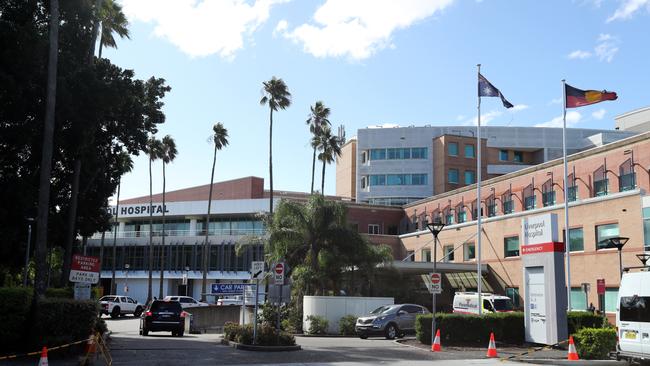
More than 13,000 people present to southwest Sydney hospitals year-on-year for support with mental health treatment, but the ANZCP told a NSW Parliamentary Inquiry into current and future health provisions for the region that “changing and growing demand” for services are not being acknowledged by the NSW Government in allocated funding.
The latest NSW Health statistics found South West Sydney Local Health district has the least number of specialist mental health staff in all Sydney-based LHDs with just six psychiatrists per 100,000 residents.
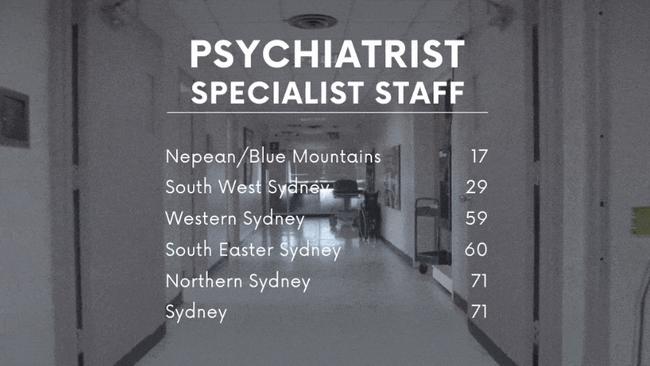
The ANZCP ubmission uncovered startling statistics on the incredibly high levels of “psychological distress” experienced across southwest Sydney, with suicide being the leading cause of death in young people aged 15 to 24 years.
“In a related sense, there has also been a large increase in the number of child and adolescent mental health presentations in south western Sydney over the last 5 years,” a ANZCP spokesman said. “Over 50 per cent were for self-harm and suicidal behaviour.”
Southwest Sydney also takes the top spot for the largest number of children in out-of-home care, as well as children at risk of harm in Sydney.
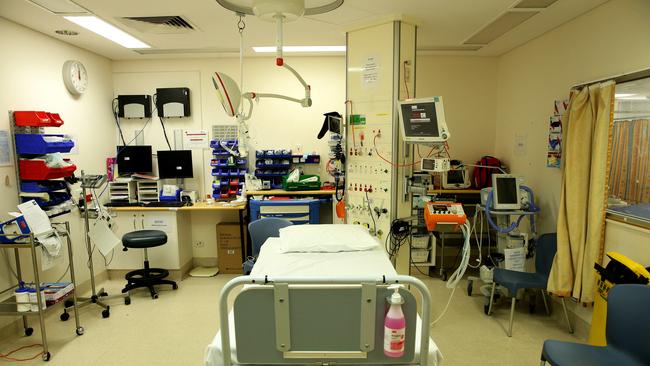
The submission to the parliamentary inquiry said southwest Sydney ANZCP members called for the expansion of community-based mental healthcare services with the ability to provide care to outpatients, non-hospitalised cases and “active follow up for at risk groups, trauma-informed care, and a range of wraparound services”.
Major shortfalls highlighted by psychiatrists included a lack of development in alcohol and drug health services in comparison to Sydney Local Health District, as well as a an increased need for peri-natal mental health care, due to high birth rates.
“The SWSLHD is under-resourced to provide community based mental health services
including trauma-informed practice when compared to existing benchmarks,” the submission found.
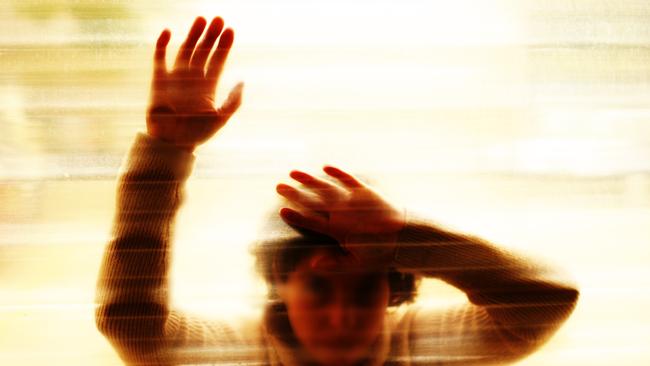
“Due to current levels of demand and poor staffing profiles, emergency response teams are not
able to respond quickly enough to meet the needs of people having an acute episode, resulting in inappropriate utilisation of emergency departments.
“There is also insufficient community-based services to meet demand, particularly to prevent the need for hospitalisation.”
A growth proportion of older people with dementia and “longstanding mental health issues” was also cause for alarm for the members.
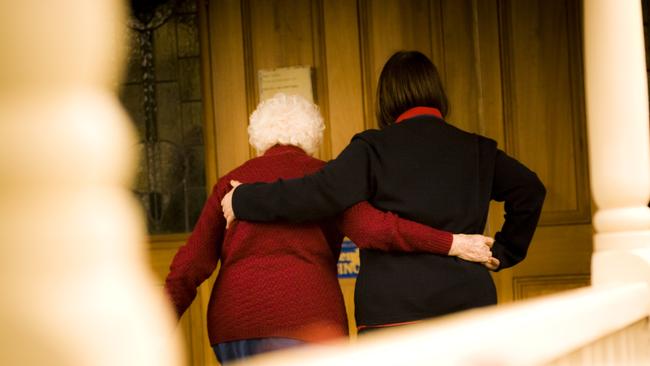
A NSW Health spokeswoman told The Daily Telegraph a range of community-based and inpatient mental health support programs were being invested in across Sydney’s south west, including an Adolescent Mental Health Unit and school-based mental health early intervention scheme.
“Other mental health services for young people include an Out of Home Care service which provides outreach to school, community and home-based services and a Whole Family team who provide specialist in-home and community-based services for children and families with complex mental health needs,” the spokeswoman said.
She said 180 additional mental health specialists would also be rolled out to “lessen the mental health impacts of COVID-19 across the state”.

